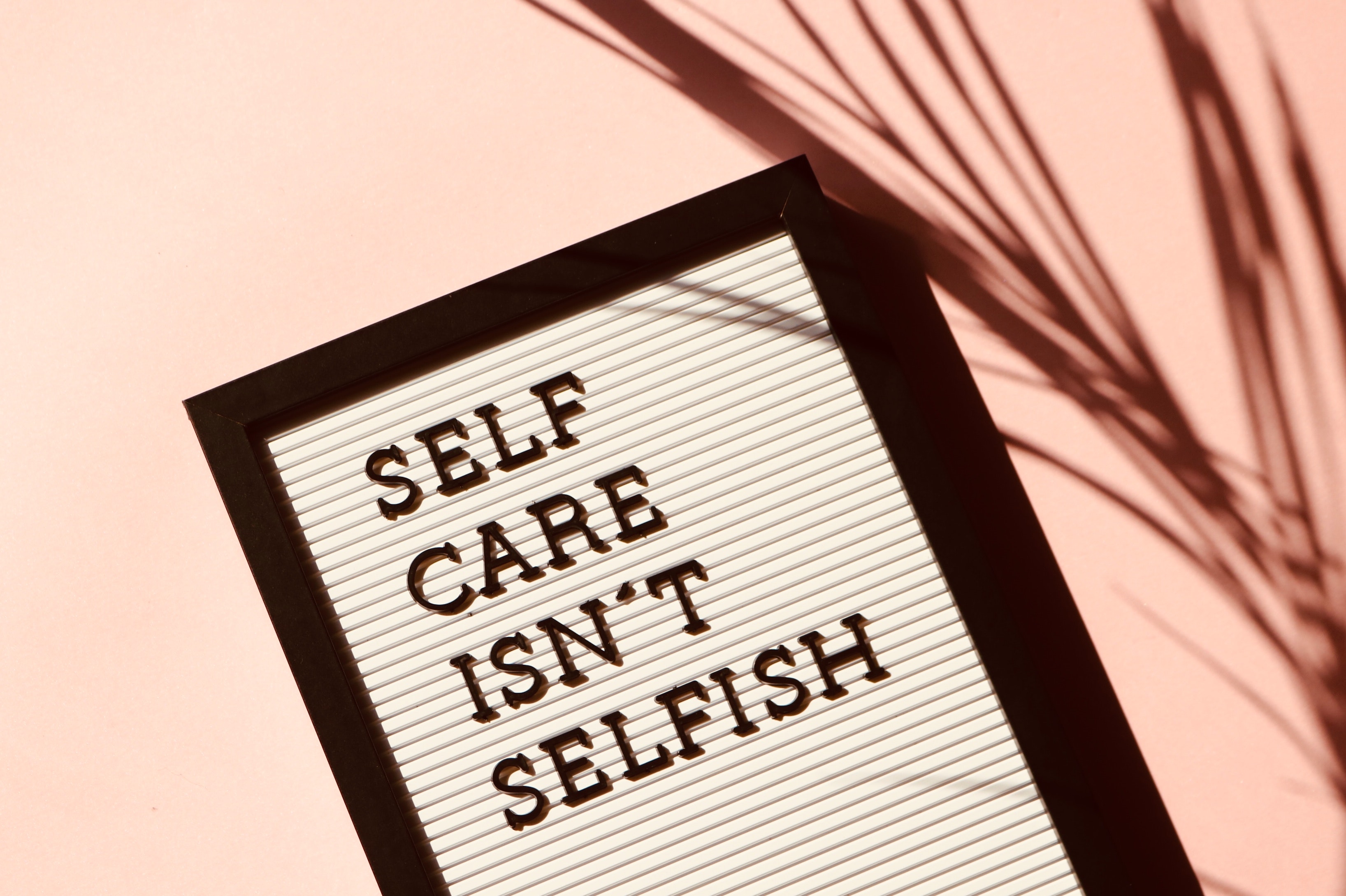Home Care Assistance is Changing the Way the World Ages. This is the latest installment of our “How To” series, where we lay out smart and easy-to-understand advice on navigating the aging process.
“A vessel with a hole in the bottom will not hold liquid,” explains Susan Von Der Haar, MSW, who provides mental health support for NOVA Hudson. “If you have not cared properly for yourself, you will have no energy to enjoy your life or to share with others. Simply taking a few minutes for yourself doing what works for you can offer a priceless respite.”
But where do you even begin? Taking care of yourself when you’re taking care of everyone and everything else can feel daunting. Our social media feeds are flooded with photos of the banana bread bakers and the cupboard organizers. The thing is: self-care doesn’t have to be hard. The only thing that really matters is that you find a way that works for you. Even a few minutes can make a positive impact.
“The best care is an activity that is unique to you. High-energy people often relax with a high-energy activity. Others like to read books or even watch an event on-line or on the television. Be wary of suggestions others give for you. Trust in yourself to know what is best for you. However, once you identify it: that is the key. Do it, and do it on a regular basis,” Von Der Haar adds.
Looking to build in some self-care without adding more pressure to a schedule already stretched thin? Set a 15-minute timer and give one of these five super simple options a try. You might be surprised what a difference they can make:
- Do nothing – literally. Taking care of yourself doesn’t have to involve intensive crafting or finally writing that book (if that’s not what does it for you). We’ve known for a long time that the simple act of taking a break can help everything from your ability to focus to your productivity. That applies right outside of traditional work, too. If sitting and breathing on your front step for 15-minutes appeals to you, do it. This isn’t about feeling guilty. It’s about investing in your ability to Keep. On. Moving.
- Do something – but keep it mindless. If you don’t relax by sitting still, find something light and easy to do with your hands. Maybe that’s knitting, organizing paperwork, or folding laundry. Research like The Breakout Method tells us when we engage in a repetitive task, and take our minds off whatever we’ve been struggling with, solutions often magically appear. What can you do with your hands for 15 minutes to free up that headspace and restore your energy reserves?
- Try a meditation app. No, really. Try it. Skepticism abounds, but meditation can help reduce or manage your levels of stress and anxiety. Formal meditation practices – like yoga, or mindfulness meditation – are one option. But you can also try informal or online options to dip your toe in the water. Apps like Calm or Headspace now make it easy to try a little meditation anytime, anywhere, without making a huge time commitment or dollar investment.
- Lend a hand. Research shows the benefits of volunteering extend far beyond the actual cause you’re working for. It’s been shown to lead to lower rates of depression, especially in people over the age of 65, while also buffering stress and reducing risk of disease. Even if you already feel squeezed in the present circumstances, finding small, simple ways to ‘volunteer’ or help others may offer an upside. Volunteering 15 minutes here or there to help someone in your household informally, or carve out a little time for something more formal (stocking shelves at a safe distance within food banks; making check-in calls to isolated individuals) may seem ironic for someone who needs a break. But if you’re the type who relaxes by doing, volunteering can make a difference for you and the cause you choose.
- Have a laugh. Laughter is more and more commonly recognized as a great form of stress relief. It generates short- and long-term health benefits, from soothing tension to improving your immune system. Carving out time to laugh during a period where everything we face seems grimly serious may feel counterintuitive. But that’s precisely why seeking laughter constitutes a solid form of self-care. Whether that means zoning out in front of your favourite comedy, watching a couple of crazy cat videos, flipping through a magazine that always makes you smile, or getting silly with your kids: laughter really is the best medicine, especially when the world around us feels overwhelming.
Closing thoughts
Whether you’re focused on keeping a loved one safe within your home or theirs, caregivers may be feeling a strain above and beyond what any of us is used to. If ever there was a time to peg 15 minutes for self-care, this is it. And if your concerns stretch beyond the need for a break, Canada’s Centre for Addiction and Mental Health offers a range of coping strategies, and self-assessments to complete if you’re worried about skyrocketing stress levels. Like we always say, mental health is health; and yours matters, too.

